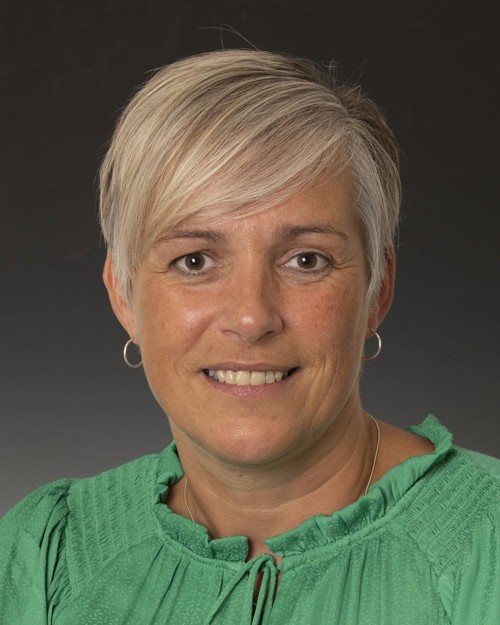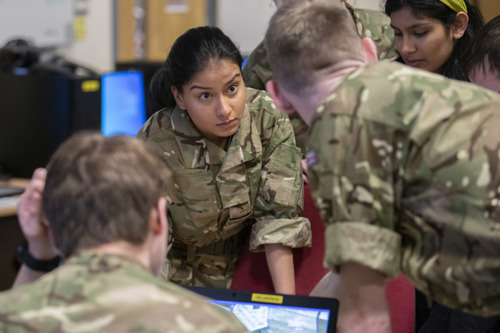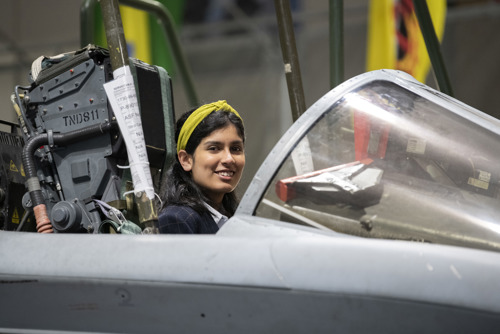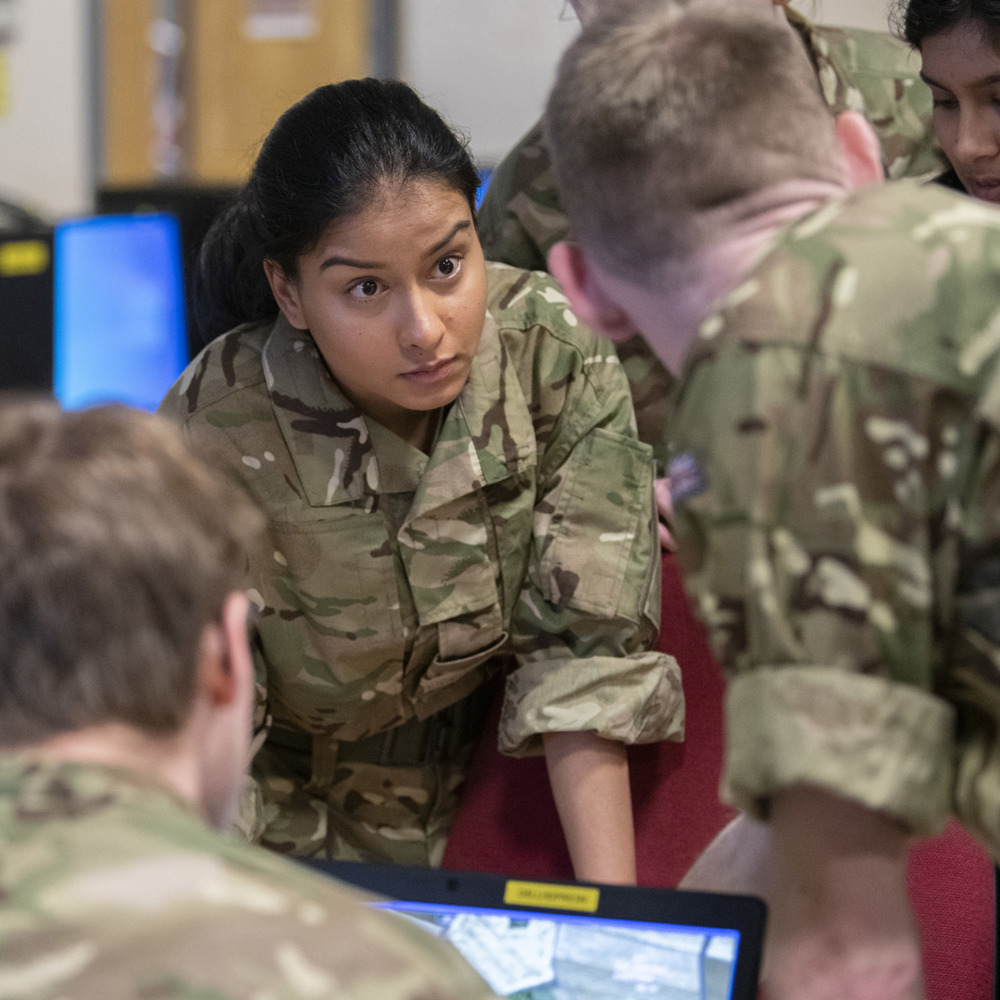International Women in Engineering Day (INWED) is marking its 10th anniversary on Friday 23 June, as it continues to champion female engineers around the world. To mark INWED, we have spoken to Sharon Brookes, Director of the Defence College for Military Capability Integration (DCMCI) and to two second year undergraduates of the Defence Technology Undergraduate Sponsorship (DTUS) scheme.

Sharon Brookes became Director of DCMCI in March. DCMCI is the principle technical college at the Defence Academy whose purpose is to strengthen defence's technological edge through training and education, part of which is the responsibility to deliver both the legacy DTUS scheme and its successor programme, the Defence STEM (science, technology, engineering, and maths) Undergraduate Sponsorship (DSUS) scheme.
She said:
Officer Cadets (OCdts) Amtul Azeem and Jenya Joshi recently had the opportunity to take part in Exercise BRUNEL, a week-long event hosted by DCMCI. Through the week they were able to experience practical and immersive tuition given in areas including armoured fighting vehicles, explosives ordnance engineering, and ammunition.

OCdt Azeem is studying Mechanical Engineering at Imperial College, London. She recognises that there is a future in engineering ahead of her that offers more opportunity and possibility than previous generations of women enjoyed in this field.
On completing her four-year degree course, OCdt Azeem will join the Royal Air Force. She is also part of her university’s Women in Engineering Society, which provides support and guidance within her department.
OCdt Joshi is specialising in Robotics at Loughborough University. She will be pursuing a career within the Civil Service.

Initially drawn to the problem-solving aspects of STEM subjects, OCdt Joshi is now focusing on how the functional output of coding and mechanical engineering is shaping the next generation of prosthetics, and their role in the rehabilitation of injured service personnel’s conscious perception of touch, pressure, pain, temperature, position, movement, and vibrations via prosthetic limbs.
In keeping with this year’s theme of ‘Make Safety Seen’ OCdt Joshi has also benefited from a 10-week placement at MOD Abbey Wood, site of the MOD’s Defence Equipment and Support (DE&S) procurement agencies, working with the air crew equipment team.
In return, civil servant and survivability engineer Seren White, whom OCdt Joshi worked under whilst on the programme, was equally impressed by the student’s dedication.
Seren said:
Last year International Women in Engineering Day (www) campaigns recorded a potential global reach of 526 million and received messages of support on social media from the Institution of Engineering and Technology, UK Government Equalities Office, the European Space Agency, Royal Navy and many more, generating over 20,000 individual conversations online.

